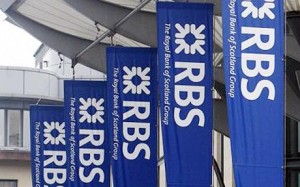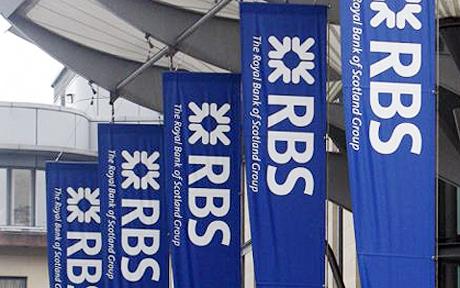 Royal Bank of Scotland could face a ratings downgrade from one of the world’s top credit ratings agencies, according to a new report in The Telegraph. The bank faces the possibility of a ratings downgrade from Moody’s after its capital levels were revealed to be far weaker than expected.
Royal Bank of Scotland could face a ratings downgrade from one of the world’s top credit ratings agencies, according to a new report in The Telegraph. The bank faces the possibility of a ratings downgrade from Moody’s after its capital levels were revealed to be far weaker than expected.
The ratings firm says that it has put the bank’s debt on “review for downgrade” and that the bank’s weaker than anticipated capital position could result in a low credit rating. Royal Bank of Scotland was previously bailed out by taxpayers and is owned largely by the UK government.
Last month, RBS announced that £3.1 billion of extra provisions was needed to deal with several issues, including the sale of mortgage-backed “toxic” securities and its role in the payment protection insurance mis-selling scandal. RBS was also involved in the interest rate hedging mis-selling scandal that affected small businesses.
The updated provisions place RBS’s core capital below its 11% target. Based on the bank’s recent announcement, its core capital under the incoming Basel III rules will be just 8.1 to 8.5 per cent – significantly below the bank’s own targets.
RBS has been a controversial bank in recent years. After it was bailed out by the UK government using taxpayer funds, it has faced numerous challenges related to staff turnover and compensation. In 2013, the Bank of England approved RBS’s capital raising plans under a “stress test” of the UK’s largest banks.
As part of the agreement, the bank needs to make changes to its balance sheet, asset sales and risk management. The company has made several changes to comply with the government’s requirements, including floating its US-based operation, Citizens, and establishing a “bad bank” to dispose of leftover toxic assets.
In the coming weeks, RBS chief executive Ross McEwan is expected to speak with the Prudential Regulation Authority in order to discuss the bank’s current capital status.





